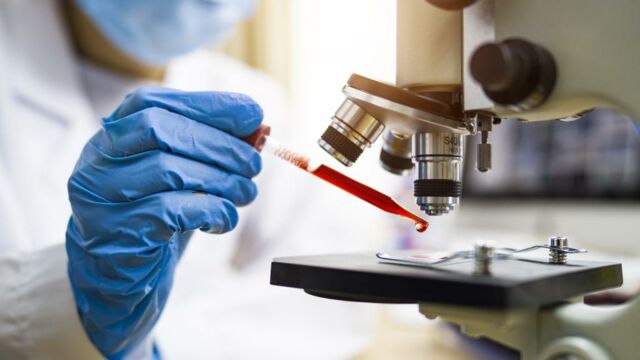Pfizer is working on a drug to treat COVID symptoms

The Pfizer laboratory is going to conduct a new study to develop an anti-COVID drug to eradicate the virus as soon as the first symptoms appear.
The news has been circulating on the web for some time now. The American laboratory Pfizer is trying to create a drug based on nitazoxanide (NTZ) to eradicate the SARS-Cov-2 virus.
Discover our latest podcast
Nitazoxanide studied since 2020
Since November 2020, Brazilian and American researchers have been working on the drug nitazoxanide, also known by the code name PF 07321332. This antiviral drug is said to have proven its effectiveness against COVID-19, both in its mild and severe forms.
More under this adMore under this adFor months, these scientists conducted studies on people of both sexes, aged 18 to 77. They succeeded in developing a formula that may attack SARS-Cov-2 in the nose, throat and lungs of patients.
In view of the promising results, Pfizer decided to conduct its own study in order to deliver a treatment in tablet form. The aim is to treat patients as soon as soon as the first symptoms appear:
More under this adMore under this adWe designed PF-07321332 as a potential oral therapy that could be prescribed at the first sign of infection, without requiring patients to be hospitalised or in intensive care.
So explained Mikael Dolsten, Pfizer's Chief Scientific Officer and President of Research and Development, in a press release last March.
More under this adMore under this adA new pill
According to the Telegraph, the US laboratory study will be divided into three phases :
- To see if the treatment 'is tolerated when the dose is increased and if there are significant side effects' in the patient
- See if the treatment 'is tolerated with multiple doses'
- Testing the antiviral in liquid and tablet form
The tests will be conducted behind closed doors for 145 days. If the results are conclusive, it would then be possible for this new pill to be administered to patients in hospital wards.
The results of this research are still to be seen.
In the video at the top of the article, find out more about the COVID-19 vaccines